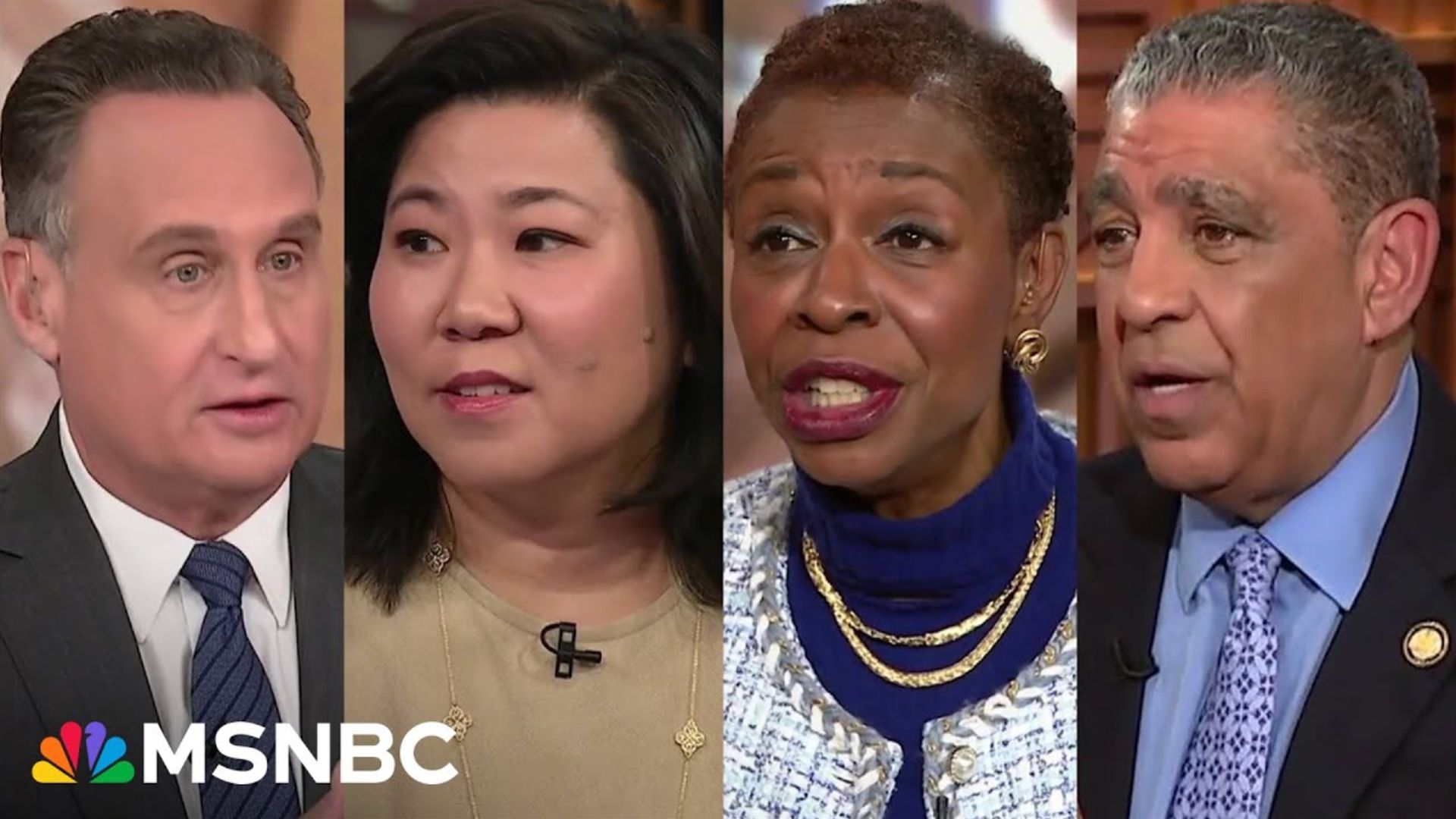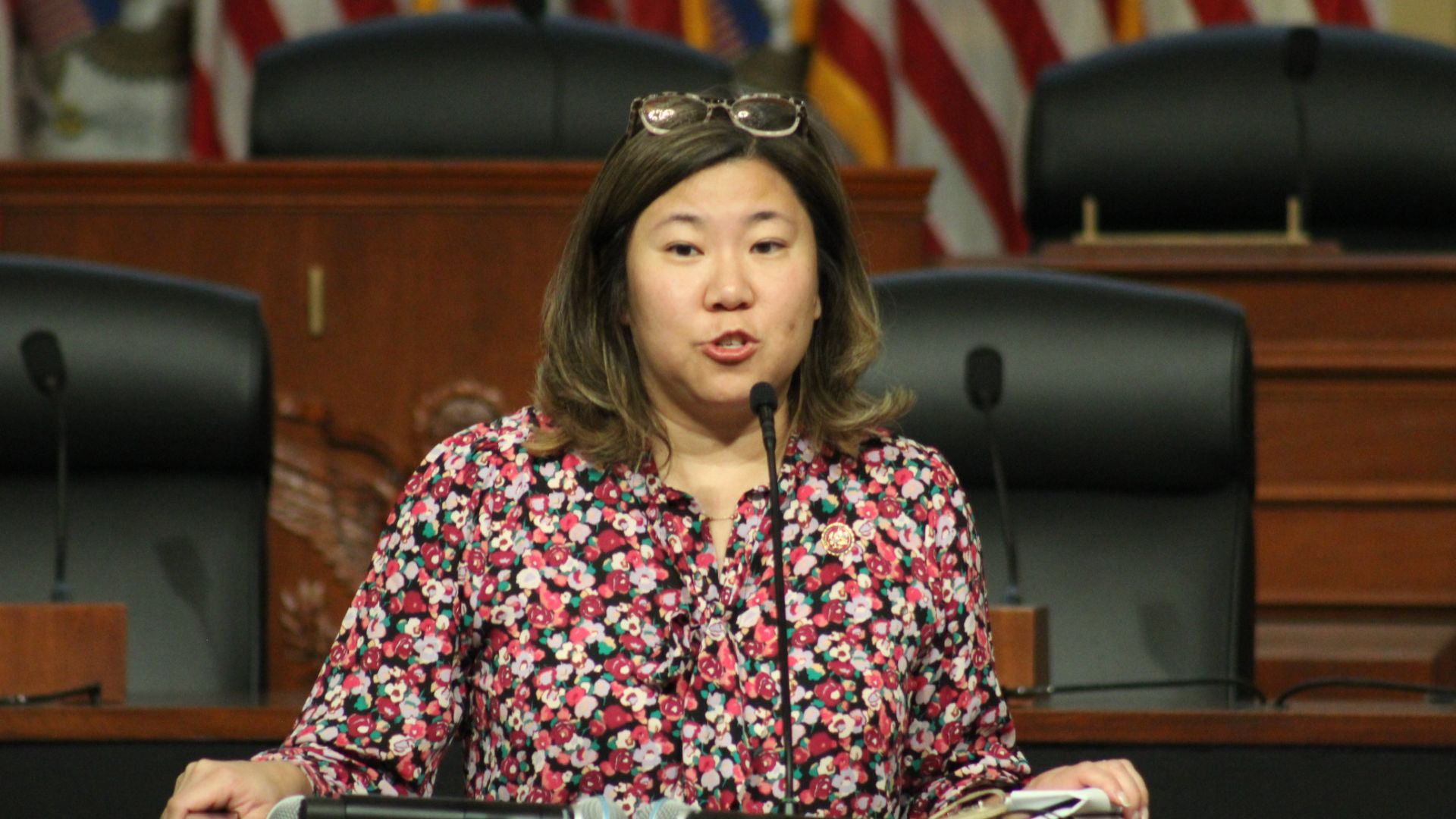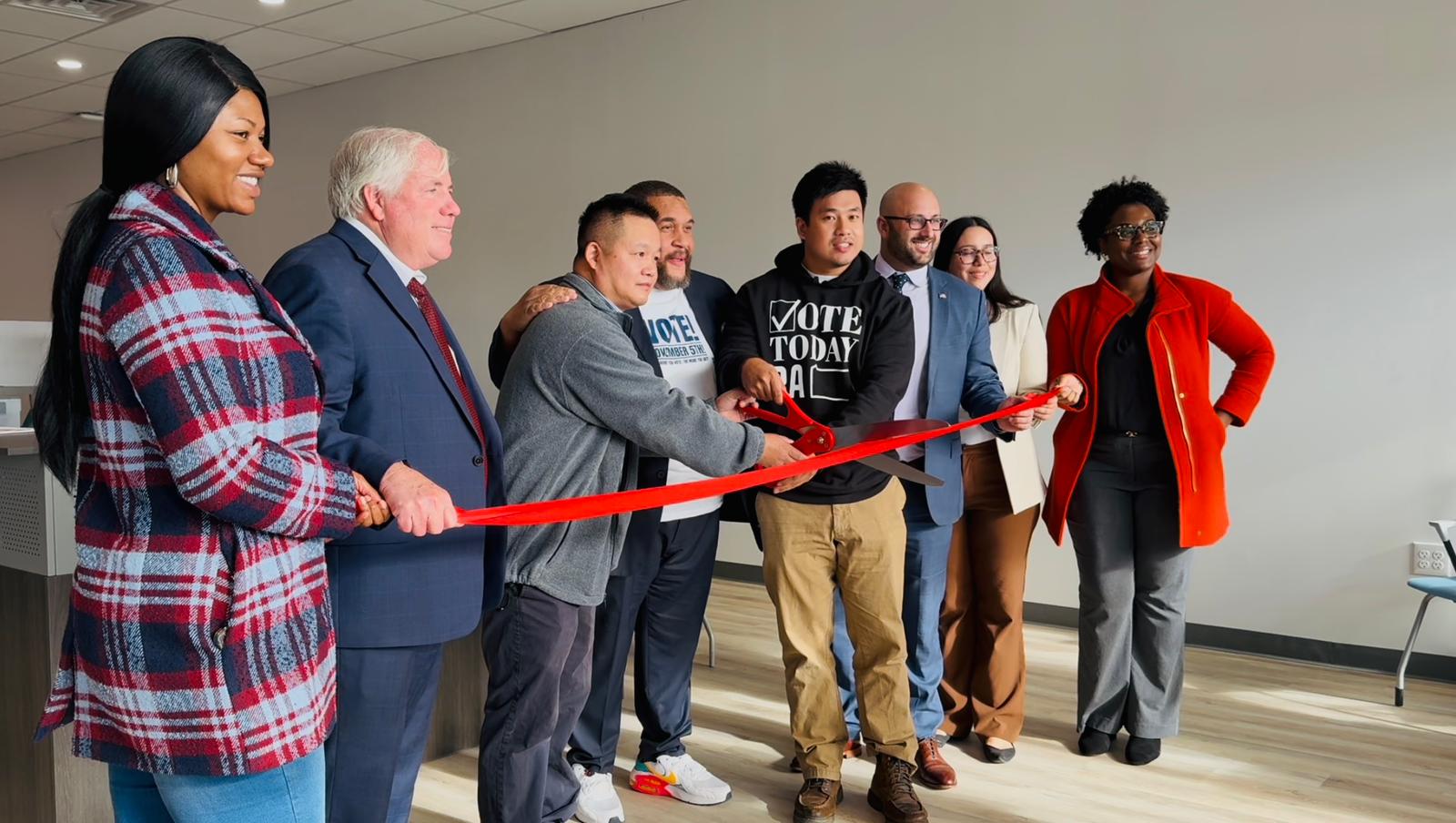[VT Washington, D.C. ] April 4, 2025 – Today, the Chairs of the Congressional Tri – Caucus appeared on José Díaz – Balart Reports on MSNBC to deeply discuss the impact of the Trump administration’s policies on communities of color.
The Congressional Tri – Caucus consists of the Congressional Asian Pacific American Caucus (CAPAC), chaired by Rep. Grace Meng; the Congressional Hispanic Caucus (CHC), chaired by Rep. Adriano Espaillat; and the Congressional Black Caucus (CBC), chaired by Rep. Yvette Clarke. Each Chair is elected by their respective Caucus.
Since Trump took office as the President of the United States on January 20, 2025, many of his policies have drawn attention and controversy. In this program, the Tri – Caucus Chairs expressed their views on a number of issues:
Democratic Party’s Popularity: A recent NBC News poll shows that the Democratic Party’s popularity has dropped to an all – time low, with only 27% of the public having a positive view of the party. In response, the Tri – Caucus Chairs said that history shows that after a low point in popularity, the Democratic Party often makes a strong comeback and wins majorities in the next one or two major elections, and they look forward to repeating this history in 2026. Currently, the public is hurt, frustrated, and angry due to the Trump administration’s policies. The Democratic Party should empathize with the public, listen to their voices, and turn their anger into electoral results, such as winning back the House of Representatives in November next year. Although there are diverse views within the party, efforts should be made to integrate various forces. Important voices like Bernie Sanders and Alexandria Ocasio – Cortez can inspire the enthusiasm of some voters, and further efforts should be made to tap into this enthusiasm. Through a series of town – hall meetings and other means, communicate with voters and involve the public in the process of changing the country’s direction.
Cost of Living and Economic Policies: Many voters participated in the election last November due to concerns about the high cost of living. However, three months into the new administration, no legislation or policies have been introduced to lower the cost of living for ordinary Americans. For example, the price of eggs remains high, causing continuous complaints from the public and even a sense of “buyer’s remorse.” Regarding the tariff measures in Trump’s economic policy, some congressmen believe they are very reckless. As some products are produced globally, the US imposing tariffs will trigger counter – measures from other countries, and ultimately, consumers will bear the cost, further exacerbating inflation, disrupting the market, and increasing economic uncertainty.
Social Welfare Programs: They firmly oppose cuts to programs such as Medicaid, Social Security, and SNAP. These programs, as the social safety net in the US, have been the social compact between the US and its people for decades. Many working people, members of communities of color, and the elderly rely on these programs to make ends meet. Cutting welfare will put them in a difficult situation and undermine social stability. At the same time, when seeking to improve efficiency and eliminate waste, actions should be taken with caution to avoid harming those truly in need.
Public Education: They strongly oppose the Trump administration’s decision to eliminate the Department of Education. The Department of Education is crucial for supporting the vulnerable and ensuring educational fairness. It plays a key role in preventing bullying and discrimination against students, providing school lunches, and administering the Pell Grant program. Eliminating the Department of Education will exacerbate educational segregation and inequality, which is not conducive to improving the US education level and students’ competitiveness. Currently, the US education faces many challenges, such as the decline in students’ reading scores. With continuous high investment in education, more thoughts should be given to improving the educational situation and promoting educational modernization, such as promoting AI literacy education in schools and improving students’ multilingual abilities to enhance their global competitiveness.
Immigration Policies: They severely criticized some of the Trump administration’s immigration policies, believing that they are too broad – reaching and affect innocent people. For example, a US citizen was questioned without reason for three hours at a subway station in New York City just because the ID was considered easy to forge in that neighborhood, and such situations are occurring in many places across the US. The government, in the name of cracking down on crime, has overly expanded the scope of deportations, resulting in the deportation of many immigrants who have committed no violent or immoral acts, breaking up families, and these families may become more dependent on government assistance, weakening the country’s strength. In the program, it was also mentioned that many of the Trump administration’s immigration policies have affected numerous groups, such as ending Temporary Protected Status (TPS) for Haitians, Nicaraguans, and Venezuelans, and canceling parole and asylum for more than 500 Cubans, Nicaraguans, Haitians, and Venezuelans who entered through the CBP1 application. In addition, regarding birthright citizenship, some congressmen pointed out that the principle of birthright citizenship has been clearly defined in the US Constitution and relevant Supreme Court cases. Attempting to change this principle is a violation of the Constitution and a disintegration of American democracy. At the same time, the rights and interests of specific immigrant groups such as DREAMers and farmworkers should be concerned. They have contributed to the US economy, society, and culture, and a reasonable immigration policy should be promoted to maintain family reunification.



